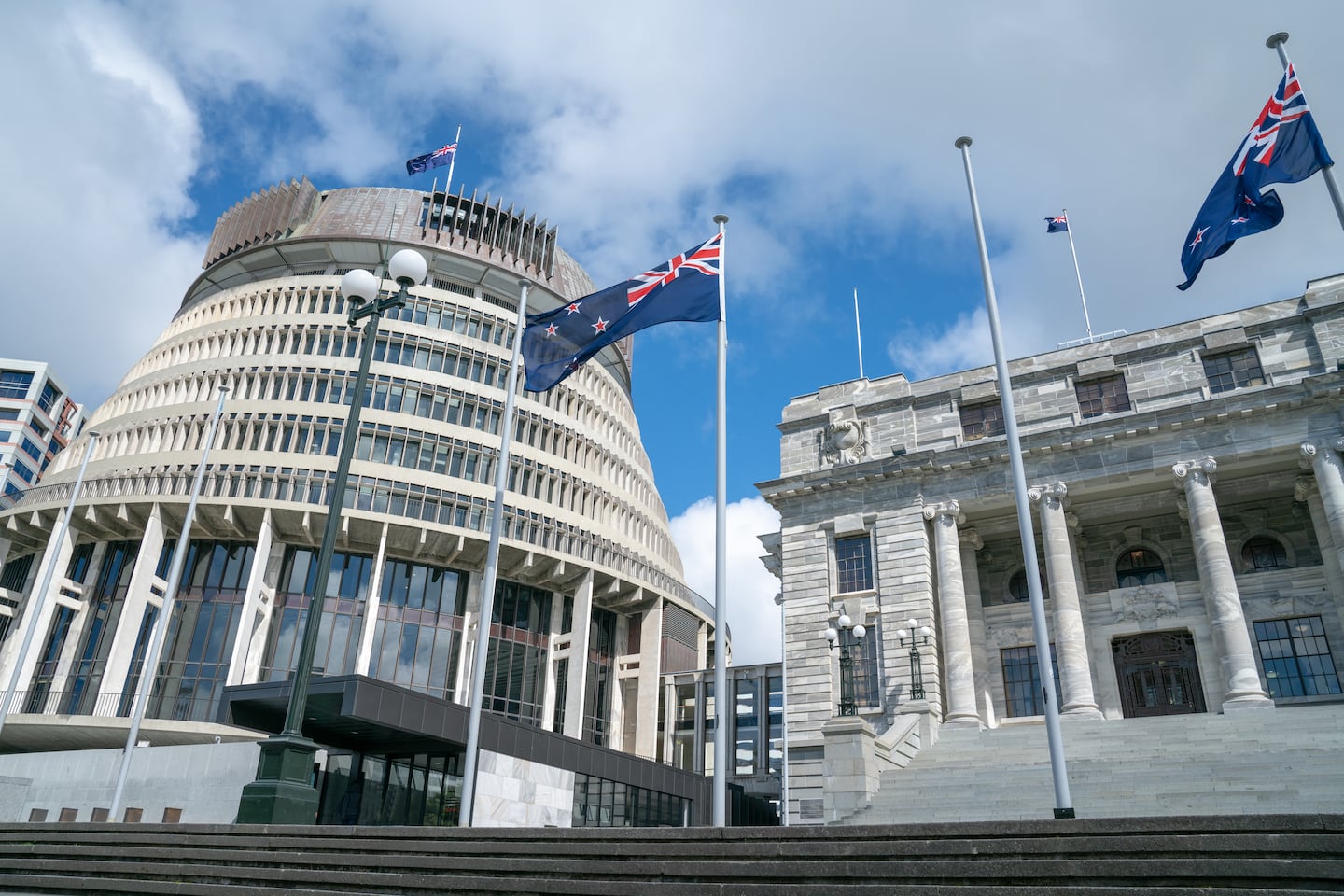On November 12, at 11.30 am, Prime Minister Christopher Luxon will stand up in front of 1200 survivors, supporters, guests, the House of Representatives, and the whole country to deliver a formal apology to the victims of abuse in care.
This will be followed by Opposition Leader Chris Hipkins, who will deliver a supporting statement.
It will be live-streamed online and on Parliament TV. There will also be concurrent events at Due Drop Events Centre in Auckland, Shed 6 in Wellington, and the Christchurch Town Hall.
Before the formal apology, there will be a mihi whakatau earlier in the morning, with pre-apologies to come from some government agency chief executives.
“This will be a very significant day for survivors, which is why the government is taking a trauma-informed approach throughout. We have structured the morning to ensure survivors feel supported to attend what is most meaningful to them,” lead coordination minister Erica Stanford said.
Wellbeing support will also be available at every location. This includes mental health nurses, rongoā Māori providers, counsellors, social workers and abuse in care specialist care.
“The government will also detail more of its response to the royal commission’s final report. We know there is no apology that can ever reflect the severity of harm that was suffered. We remain committed to responding with respect and dignity.
“I would like to acknowledge the Labour Party, Green Party and Te Pāti Māori for supporting the arrangements of this significant occasion,” Stanford said.
In late September, RNZ reported a survivor was calling the governments plan to limit the number of people attending the national apology was causing more harm.
“You’ve had hundreds and hundreds, if not thousands, of people coming forward and now you’re saying only 1700 people can come and listen to the apology across all venues. It seems to be a bit of a slap in the face to be honest,” Hanz Freller told RNZ.
More than 3800 people registered interest with the Royal Commission of Inquiry, with more than 2300 survivors and nearly 500 others, including whānau and experts, providing evidence. The final report estimates more than 200,000 people suffered abuse and neglect in state or faith-based care between 1950 and 2019.
Only 1200 of them have been invited.



